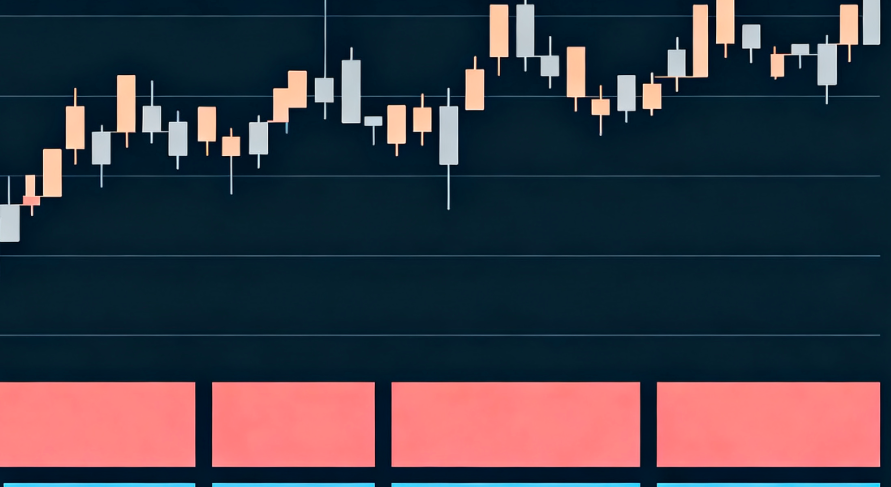
What Challenges Does "Sanae Takaichi Economics" Face?
The Sanae Takaichi government has established the "Japan Growth Strategy Conference" for the first time, aiming to achieve a virtuous cycle of increasing income, improving consumer confidence, and raising tax revenue through proactive fiscal policies. However, many analysts believe that "Sanae Takaichi Economics" faces numerous challenges. Internally, Japan's fiscal and monetary policies are in a dilemma, with persistent price increases putting pressure on people's livelihoods. Externally, although the Japan-U.S. tariff negotiations have achieved phased results, uncertainties remain in their subsequent implementation.
At the beginning of his keynote speech, Yūyuki Inoue, the Administrative Vice Minister of the Cabinet Office, mentioned the impact of current high prices on Japan's economy. He pointed out that high prices, especially the rapid rise in the cost of daily necessities, significantly affect ordinary Japanese citizens, particularly low-income groups.
Chen Zilei, President of the Shanghai Japan Society and Director of the Japanese Economic Research Center at Shanghai University of International Business and Economics, stated that Japan overlooked the impact of demographic changes during the bubble crisis management, which is a profound lesson from Japan's past economic development.
The latest data released by the Japanese Ministry of Internal Affairs and Communications on October 31 shows that Tokyo's core Consumer Price Index (excluding fresh food) rose by 2.8% year-on-year in October, higher than previous expectations. Currently, price increases across Japan have remained at or above the Bank of Japan's 2% target level for three and a half consecutive years.
Although Japan's 2025 labor-management negotiations resulted in a 5.4% wage increase agreement, the highest in 34 years, real wage income continues to decline due to erosion by rising prices. After adjusting for inflation, Japan's real wages showed a declining trend in both 2023 and 2024. Inoue believes that Japan's wages need to grow by at least 3% over the next two years to achieve the Bank of Japan's sustainable inflation target.
















